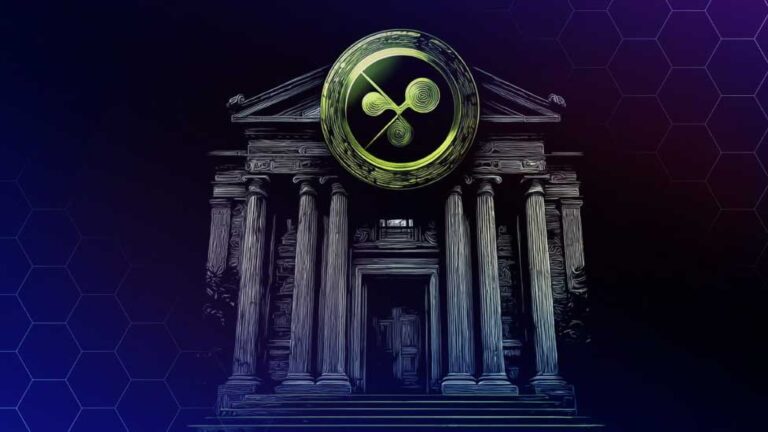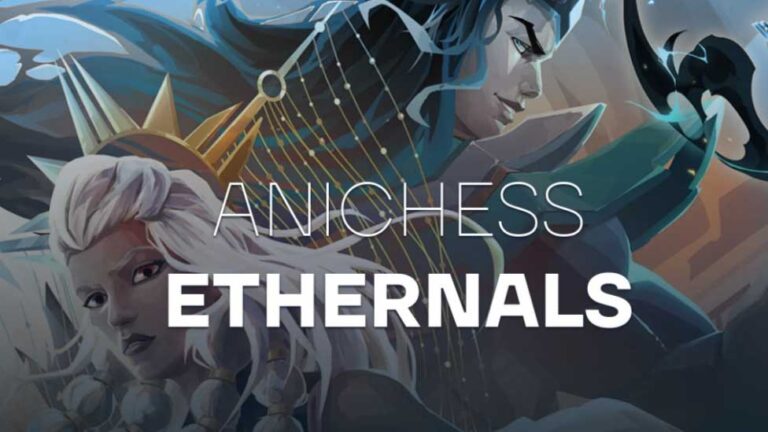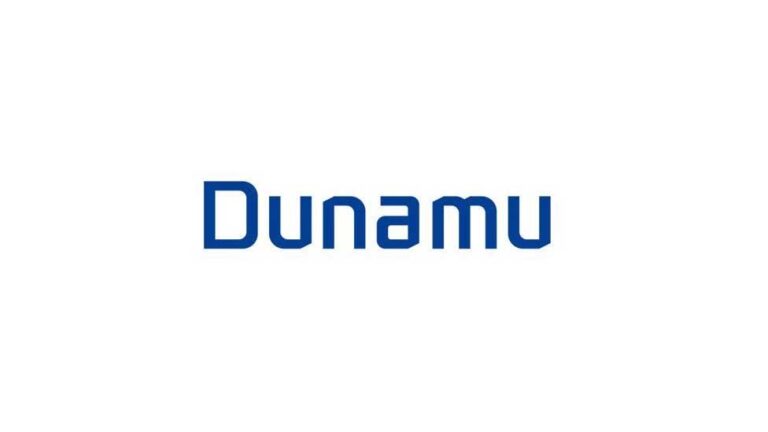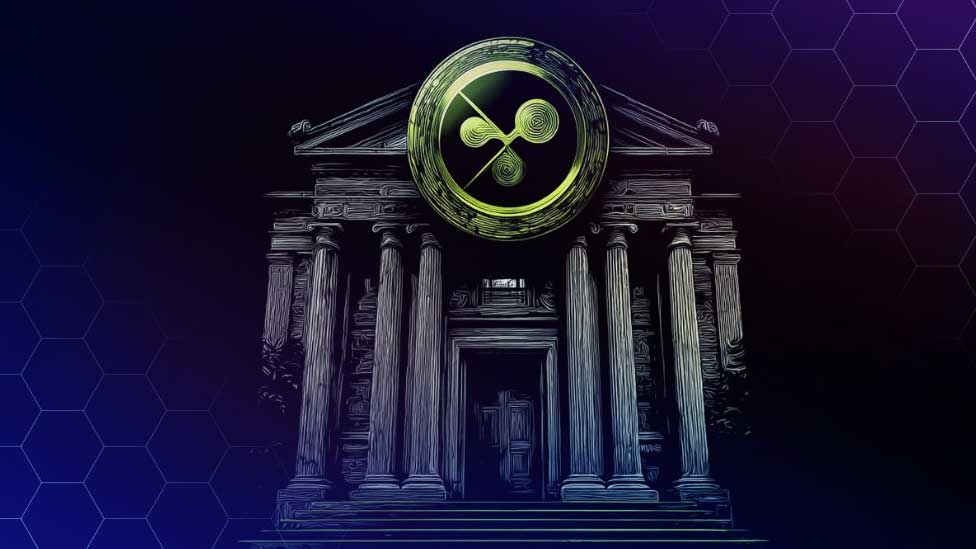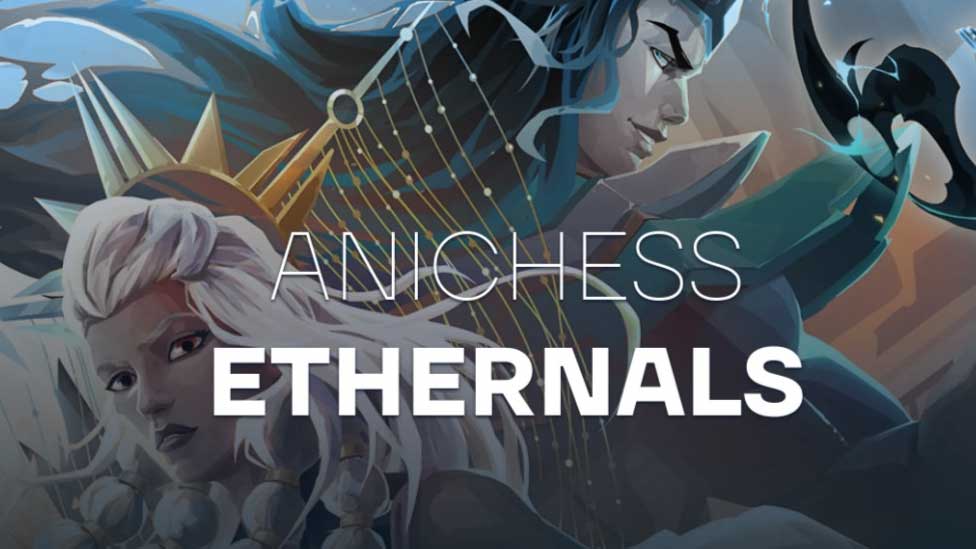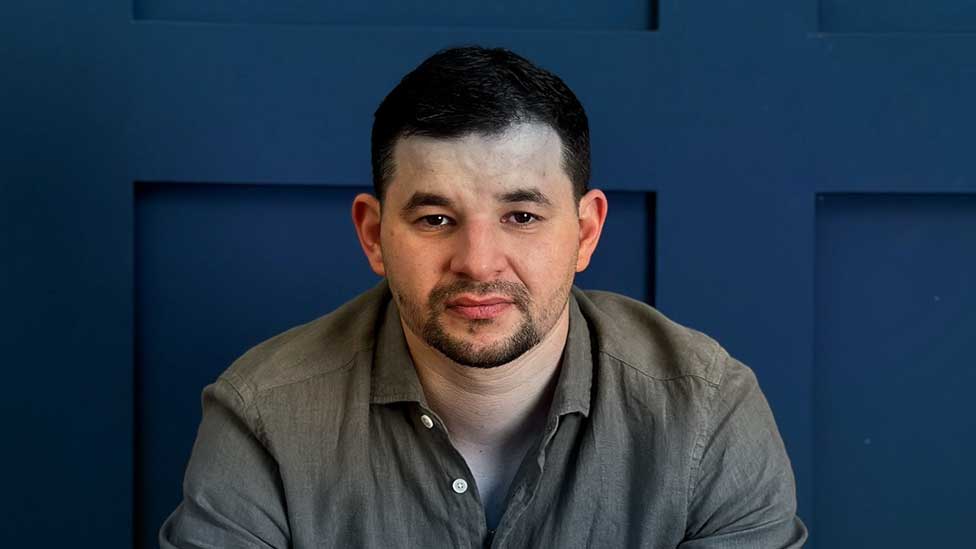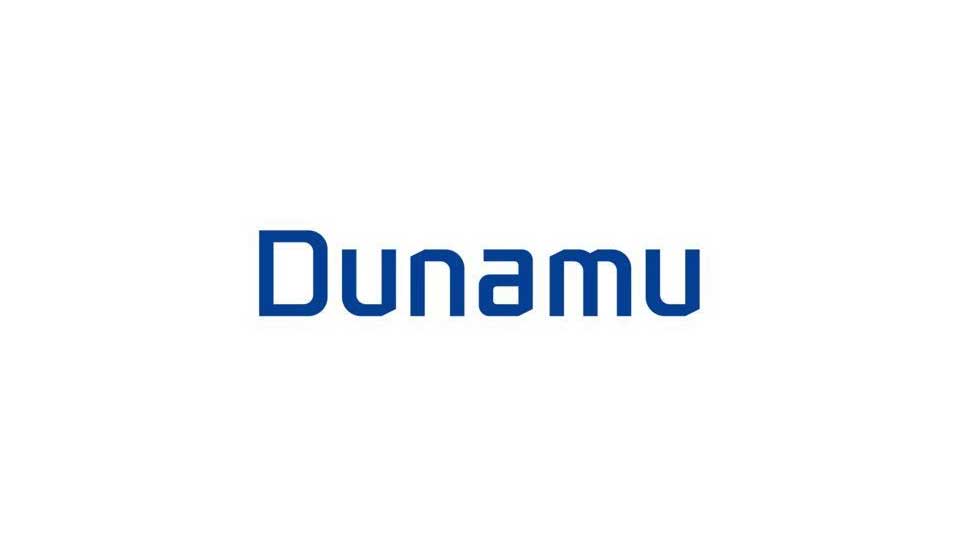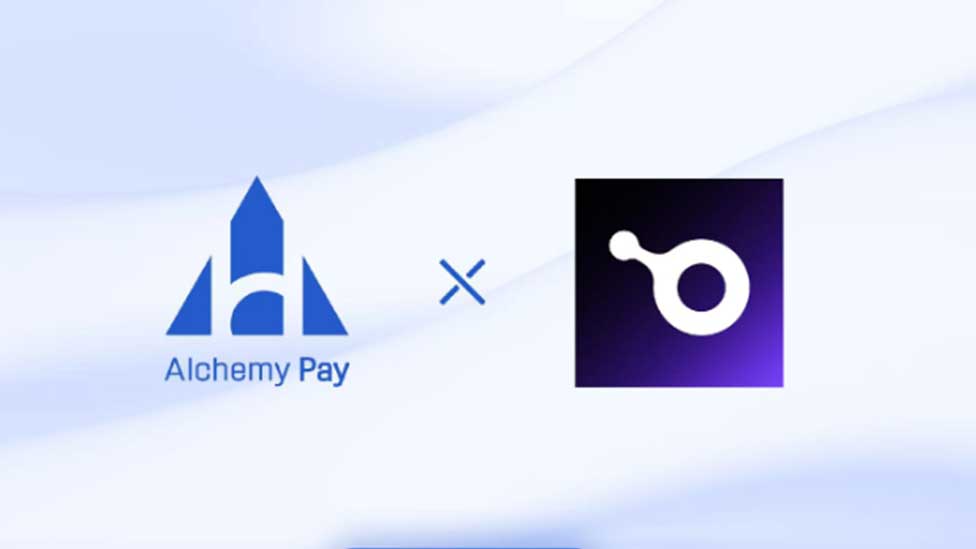In 2024, the digital assets industry has experienced significant growth, particularly in the Middle East, where there is a growing enthusiasm for NFTs. NFTs, also known as Non-Fungible Tokens, has significance beyond just trendy terms within the blockchain community. The topics included are ownership, art, identity, and value. If you are located in the Middle East and considering participating in this digital revolution, there are certain important things you should be aware of before immersing yourself in the world of NFTs.
NFTs Condensed
NFTs, or non-fungible tokens, refer to unique digital assets that are stored on a blockchain and cannot be exchanged on a one-to-one basis due to their distinct characteristics. Consider them as distinct digital credentials held on a blockchain. Unlike Bitcoin or Ethereum, which are fungible and can be transferred on a one-to-one basis, NFTs are unique and cannot be replicated or replaced. Each non-fungible token (NFT) represents a distinct digital asset, such as digital art, music, video clips, or virtual land, that is exclusively owned by the buyer. In an era where digitalization is pervasive, this is the closest one can come to possessing a digital artifact.
The rationale behind the Middle East’s adoption of NFTs
The Middle East is not only embracing the worldwide NFT movement, but also playing a prominent role in leading it. Tech-savvy investors from Dubai to Riyadh are eager to combine heritage with technology. Furthermore, considering the region’s profound historical background in art and culture, NFTs provide a captivating and promising new prospect. Envision possessing a digital masterpiece crafted by a local artist or participating in a metaverse that showcases the brilliance of Middle Eastern architecture. NFTs serve as more than mere financial investments; they embody cultural significance, social status, and contemporary relevance.
In addition, due to substantial investments by governments such as the UAE in blockchain technology, the infrastructure in this region is rapidly becoming one of the most advanced globally for digital assets. The Middle East serves as a dynamic center for NFTs.
Factors to Evaluate Prior to Buy NFTs
However, prior to hastily purchasing your next digital masterpiece, there are certain factors that you should bear in mind:
1. Familiarize yourself with the technology.
Prioritize your tasks and begin with doing your assignments. Blockchain technology may appear futuristic, but it is crucial to acquaint oneself with the fundamental concepts. Begin with comprehending the mechanics of blockchains, specifically focusing on the Ethereum network, which serves as the primary platform for the majority of non-fungible tokens (NFTs). Acquiring the knowledge of establishing a digital wallet, overseeing smart contracts, and utilizing decentralized platforms will greatly alleviate any difficulties you may have.
2.Prepare for unpredictability.
NFTs are exhilarating, although they are also capricious. The value of a digital artwork can fluctuate drastically, going from millions to a significant decrease in a matter of minutes. It is an integral aspect of the game. Therefore, it is advisable to allocate only the amount of money that you are willing to accept the possibility of losing, and avoid concentrating all your investments in a single venture. Allocating your NFT investments among several categories such as art, real estate, and gaming assets can potentially mitigate the risk.
3. Familiarize yourself with the regulations specific to your area.
NFTs and cryptocurrencies are currently facing legal uncertainties in various regions of the Middle East. Certain nations have wholeheartedly adopted digital assets, but others have more stringent regulations. It is vital to remain well-informed about the changing legal environment in your nation and verify that your NFT transactions adhere to local regulations.
4. Choose your marketplace carefully.
Not all Non-Fungible Token (NFT) marketplaces possess the same level of quality or standards. Certain platforms, such as OpenSea or Foundation, have a worldwide presence, but others are limited to specific regions. Ensure that you are purchasing from trustworthy platforms that provide robust security measures. Conduct thorough research by examining user evaluations and assessing the level of transparency in the marketplace. It is quite undesirable to become a target of fraudulent schemes or acquire fake NFTs.
5. Honor and uphold cultural and ethical principles.
Respecting cultural and ethical limits is of utmost importance while investing in NFTs, considering the Middle East’s abundant cultural legacy. Seek out digital art and assets that evoke the history of the location, and whenever feasible, provide assistance to makers from the local community. Ethical investing is not merely a passing fad, but rather a means to guarantee the responsible and sustainable growth of the NFT industry.
The Middle Eastern NFT Landscape in 2024
NFTs transcend the concept of mere digital treasures as they revolutionize our perception of ownership within the digital realm. The Middle East is positioned to become a significant participant in this field, particularly as regional governments and technology corporations persist in allocating resources to develop blockchain and cryptocurrency-friendly infrastructure. The future of Non-Fungible Tokens (NFTs) in the Gulf area is promising, with extravagant NFT auctions in Dubai and the emergence of inventive digital art collectives.
However, it is important to have an intelligent strategy while investing in NFTs. Remain well-informed, exercise prudence, and ensure that you allocate your investments towards assets that align with your own values and financial objectives. In a world where the digital and physical realms are merging, possessing a portion of the digital landscape is not merely a passing fad, but rather an unexplored territory that offers potential for expansion and opportunity.


